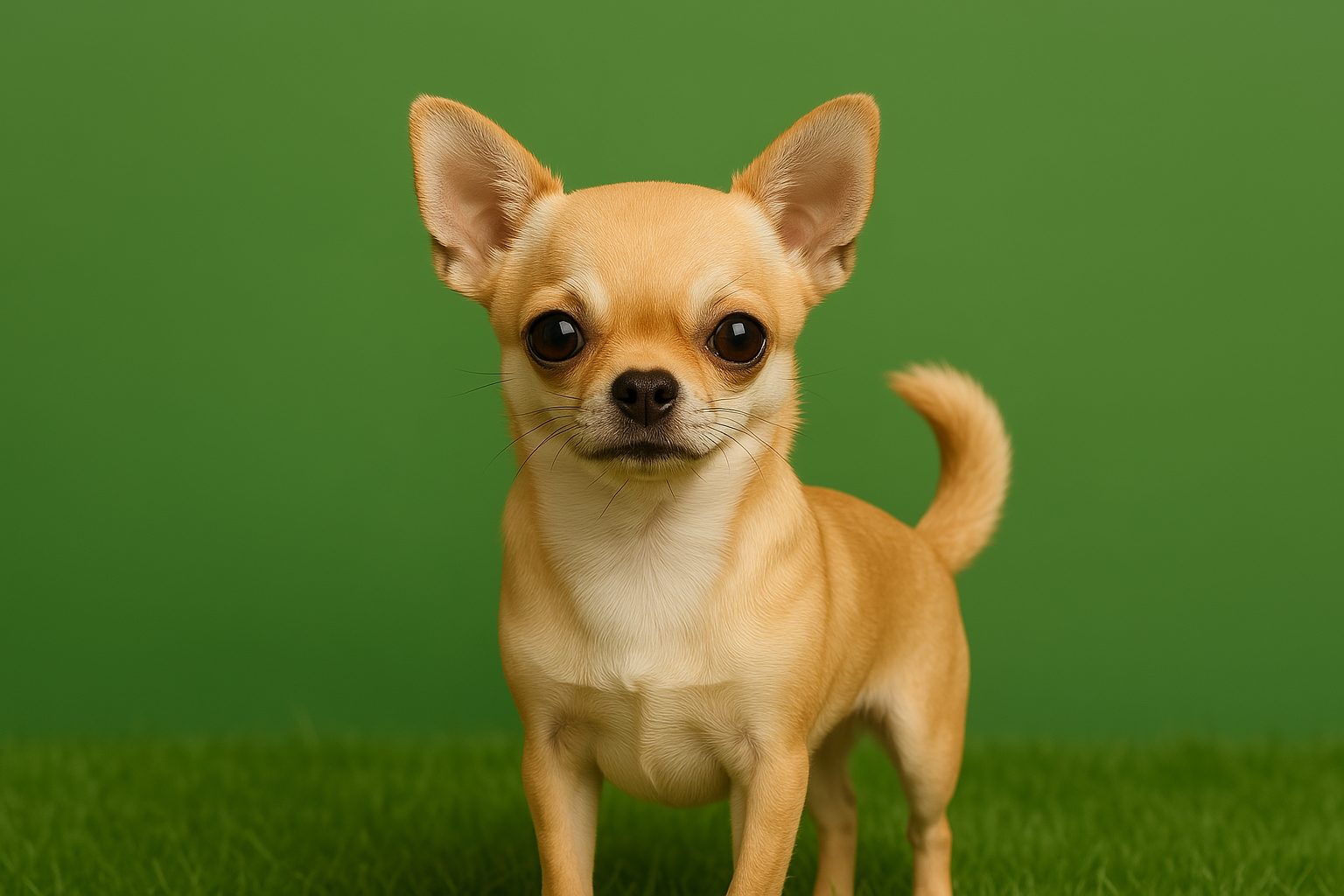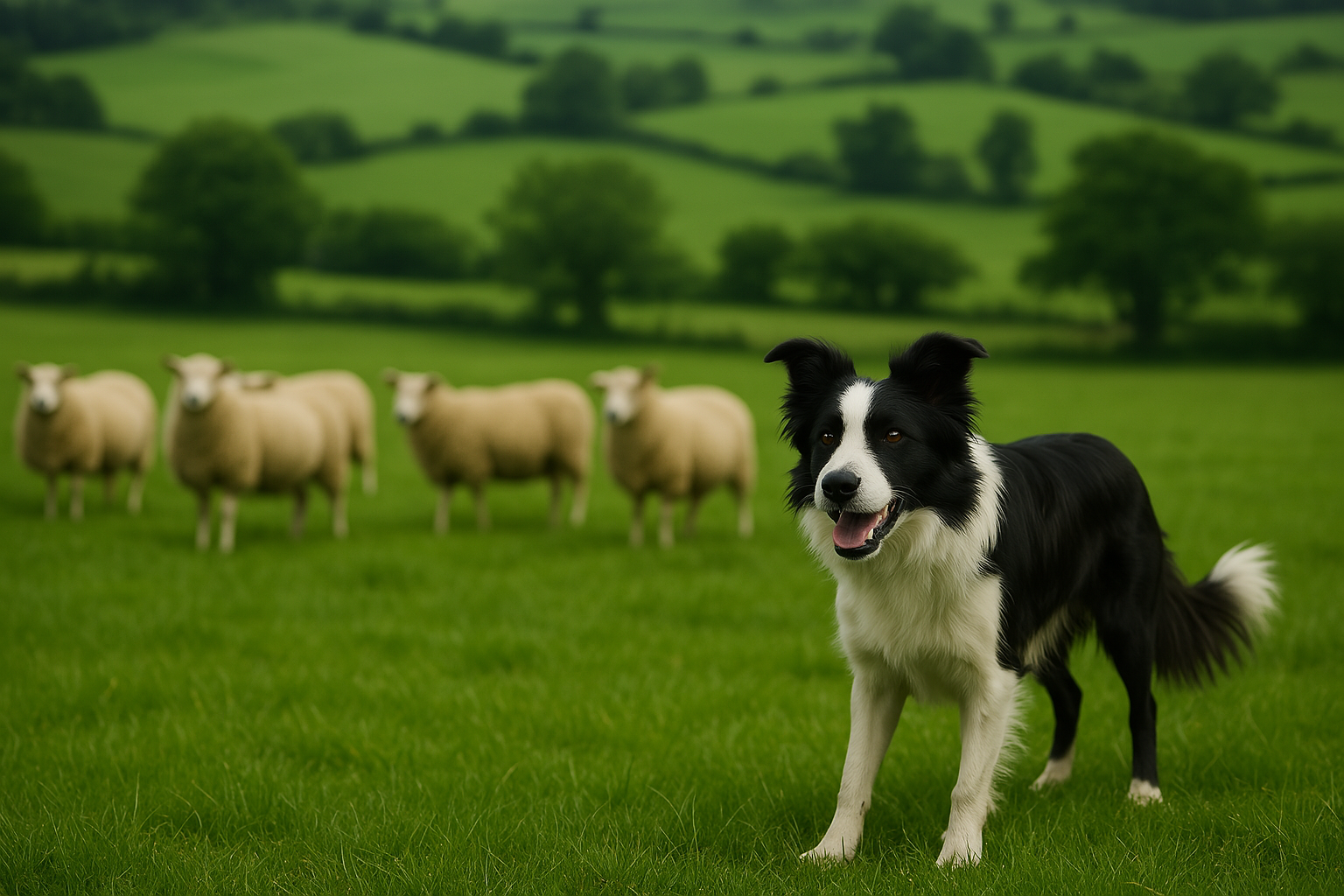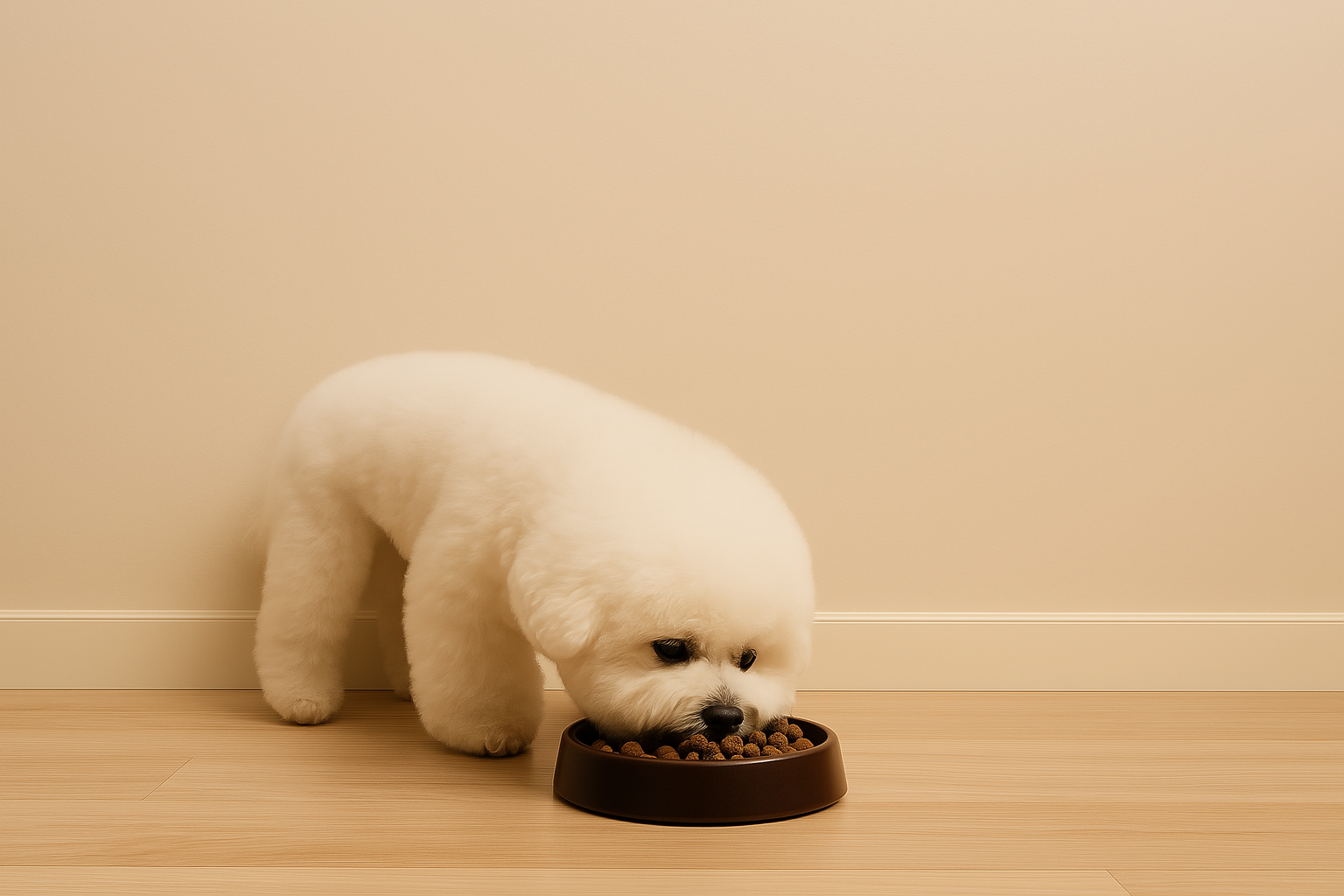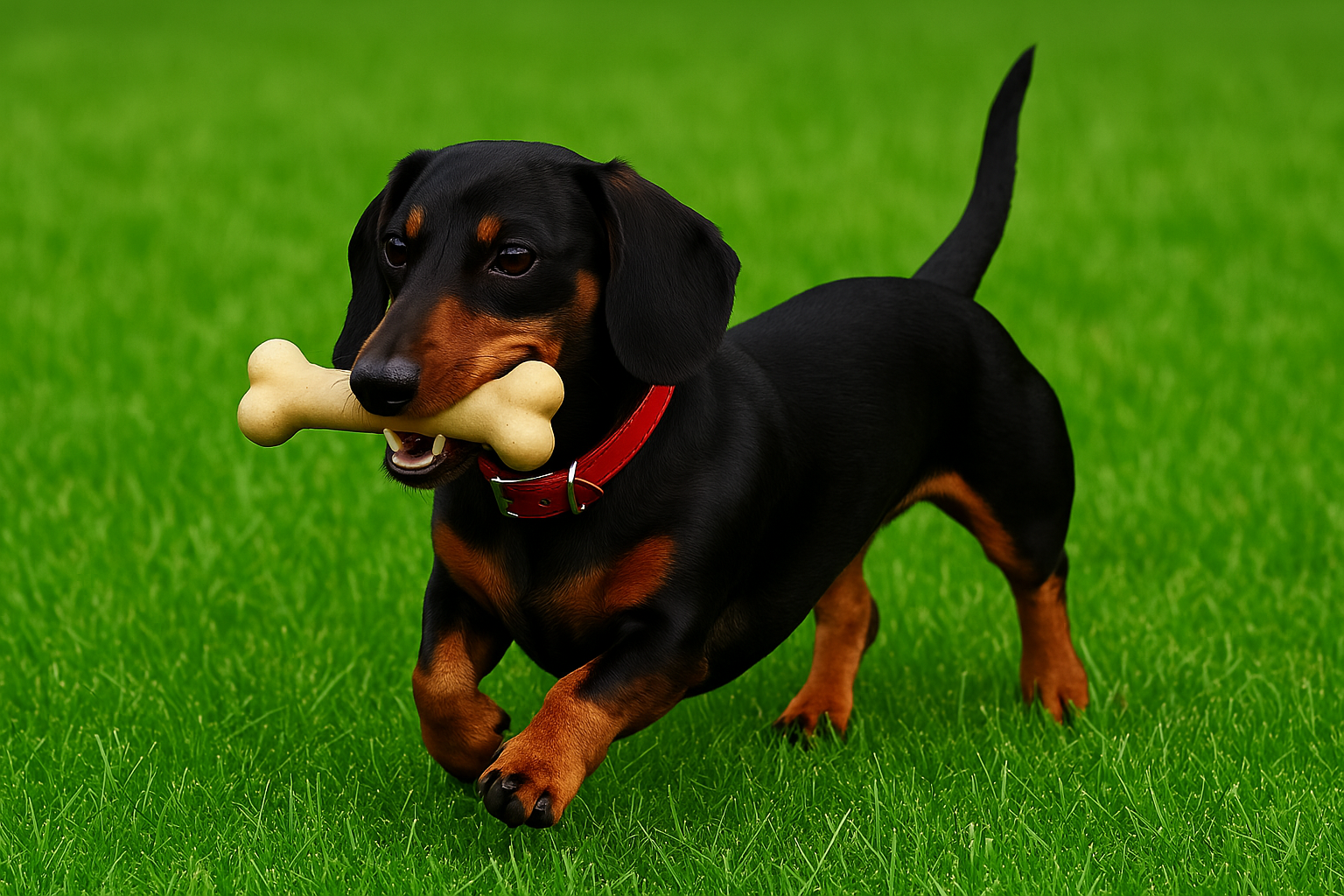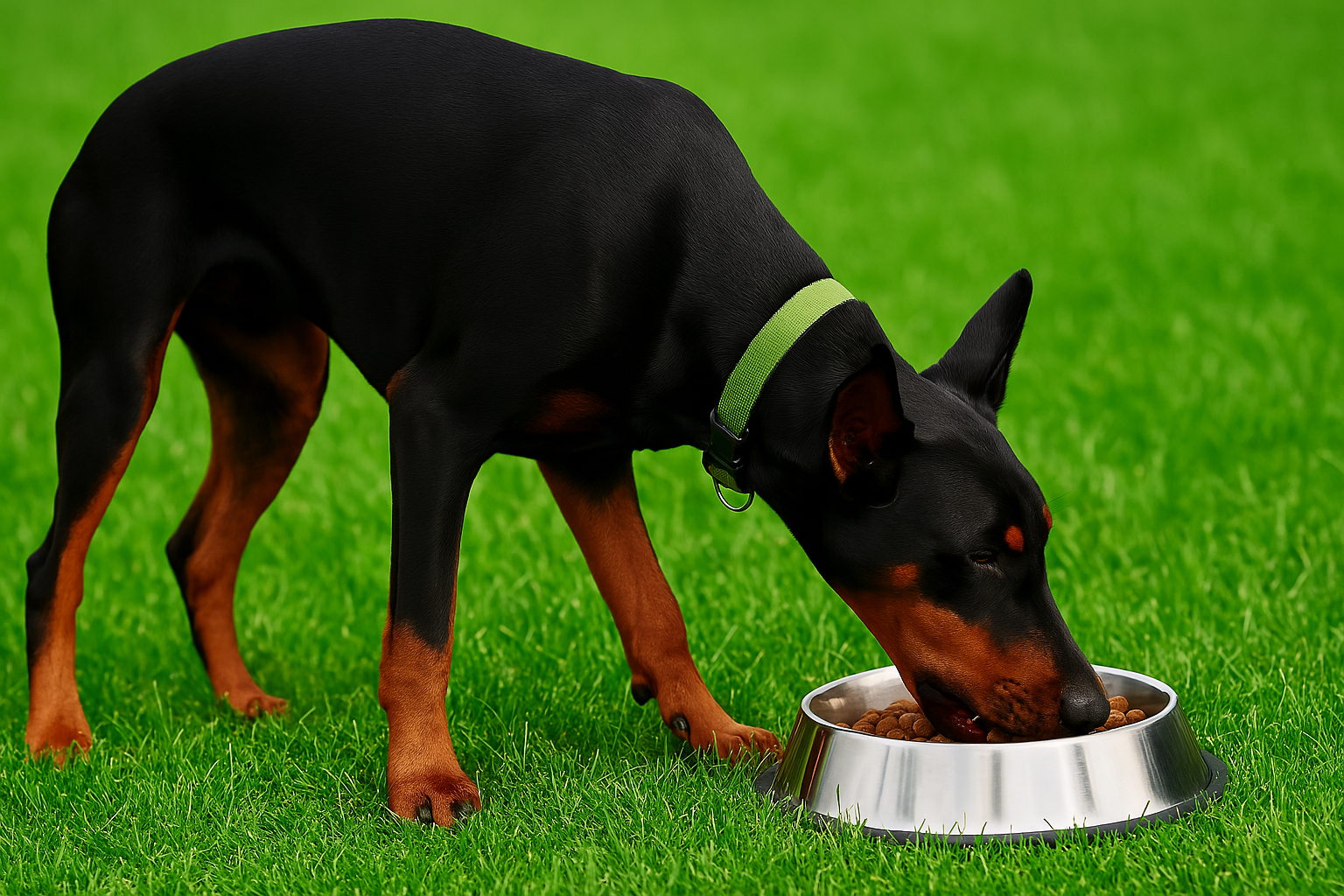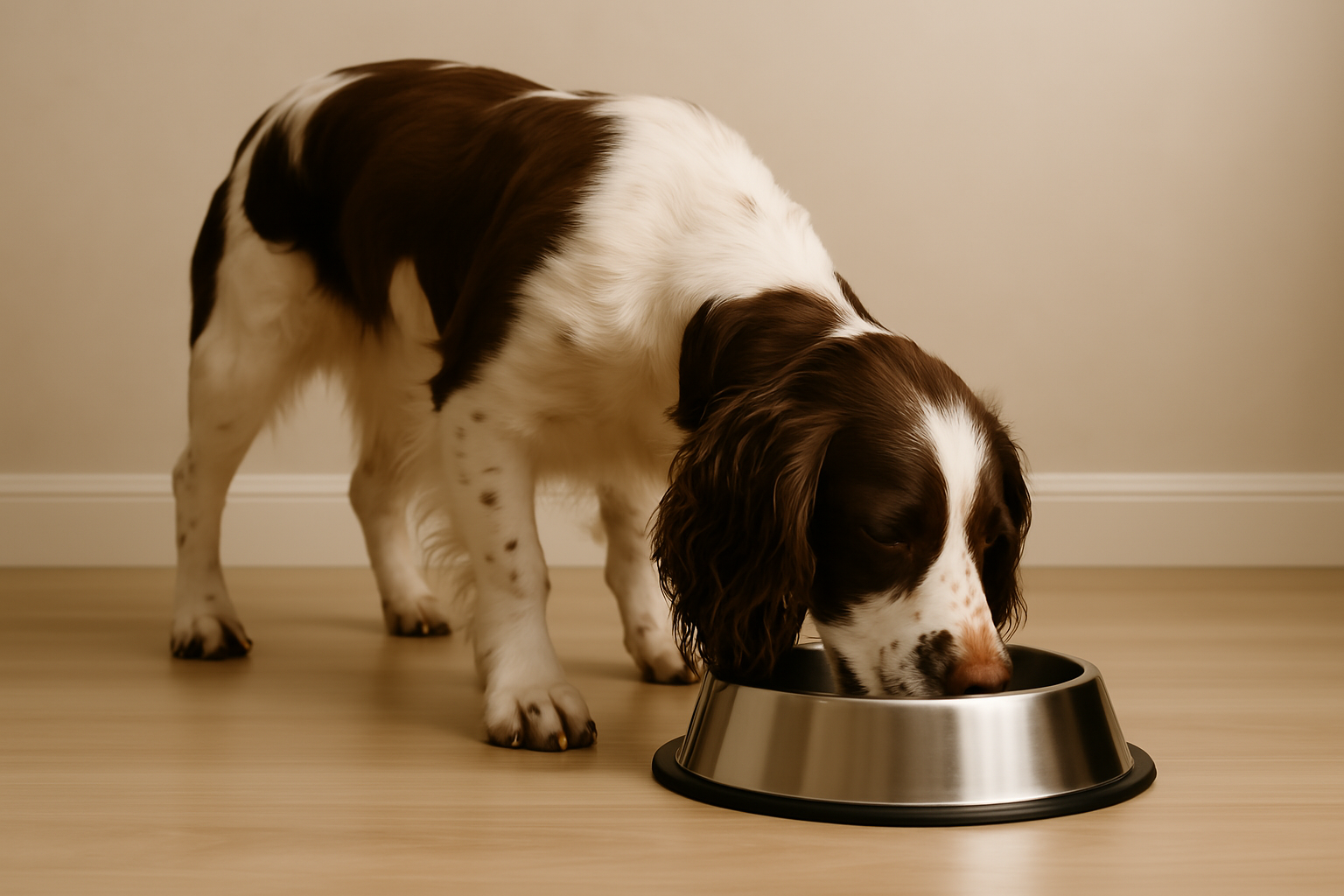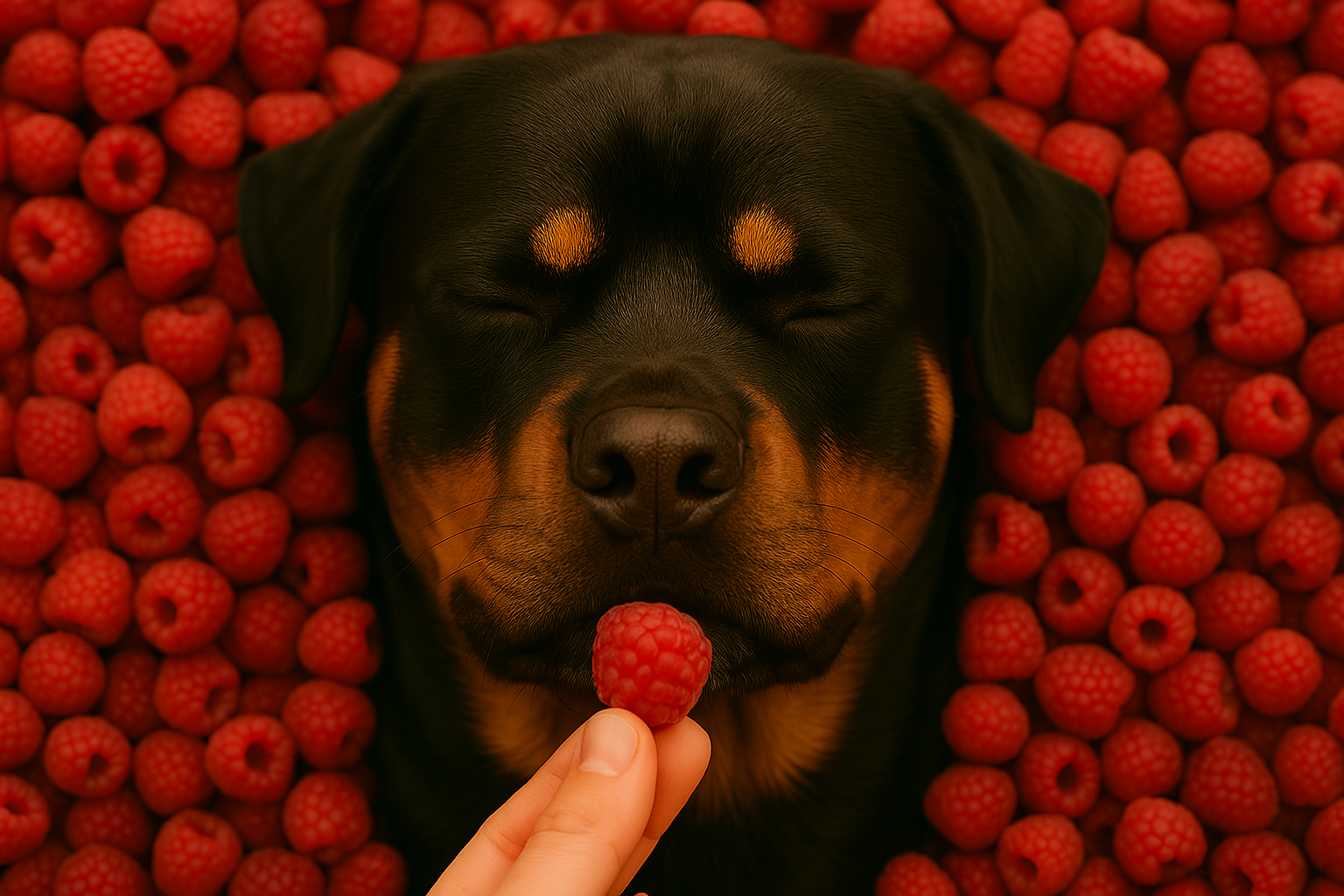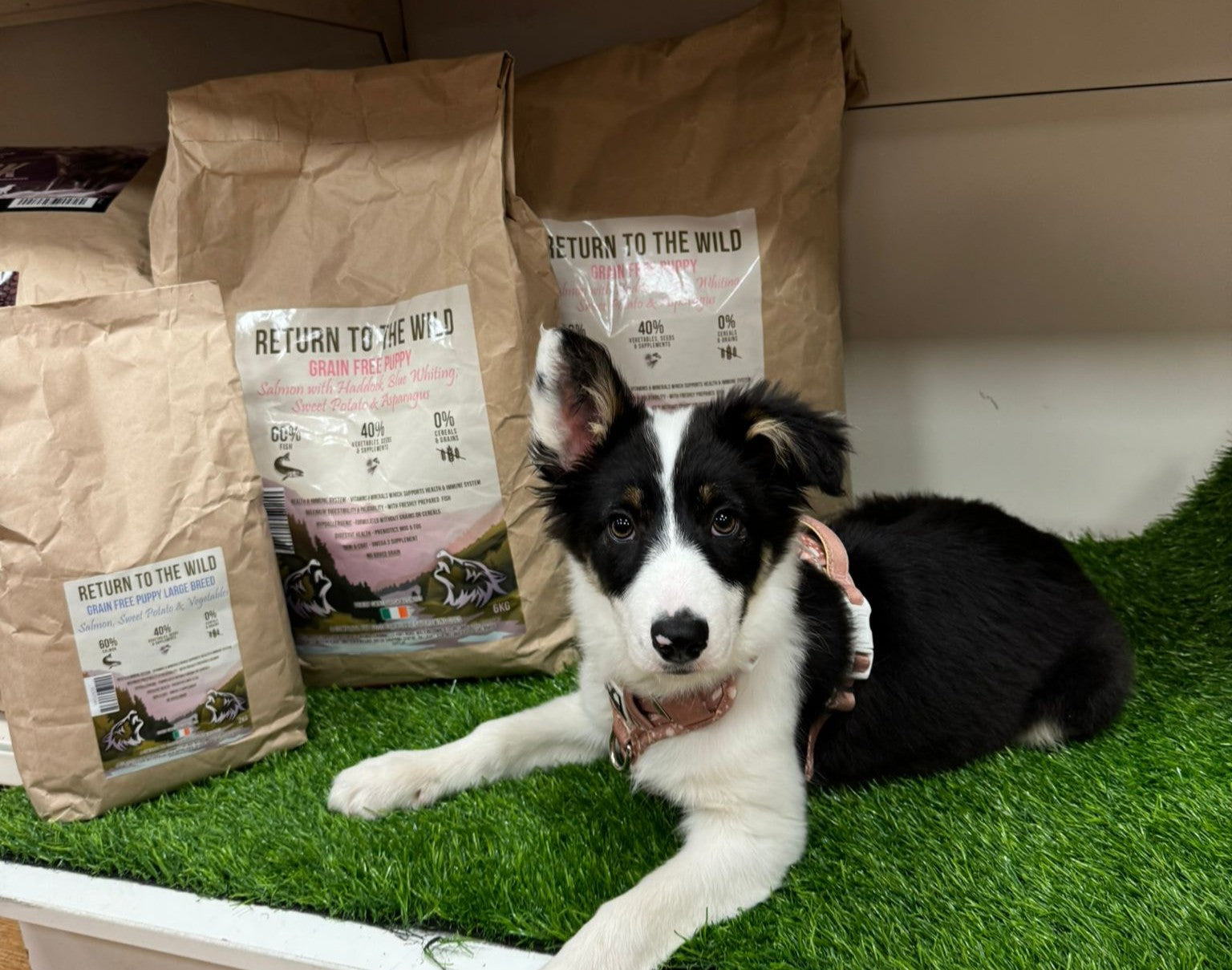
Can Puppies Eat Adult Dog Food?
Puppies should not eat adult dog food as their main diet. Although adult food won’t harm them right away, it doesn’t have the specific nutrients puppies need to build strong bones, develop healthy organs, and maintain proper energy levels.
Raising a puppy is exciting, but their nutrition is crucial for healthy growth and development. A common question from new pet owners is: Can puppies eat adult dog food? While they might try to nibble on food meant for older dogs, is it actually safe? What are the pros, cons, and possible side effects? Let’s break it all down.
Benefits of Feeding Puppies Puppy Food & Not Adult Dog Food
Puppy food is formulated with essential nutrients tailored to a growing dog's needs, providing these benefits:
✅ Higher protein levels to support their muscle growth
✅ More calories for their energy and development
✅ Correct calcium-phosphorus ratio for strong bones and teeth
✅ Essential fatty acids (DHA & EPA) for brain function and learning
✅ Smaller kibble size to accommodate their tiny mouths
Disadvantages of Feeding Puppies Adult Dog Food
If a puppy only eats adult dog food, they may experience:
🚫 Nutritional Deficiencies – Adult food lacks the right balance of proteins, fats, and minerals puppies need.
🚫 Slow Growth – Inadequate calories and nutrients can delay their development and affect their muscle-building process.
🚫 Weaker Bones & Joints – Calcium levels in adult food may be too low or too high, leading to skeletal problems
🚫 Digestive Issues – Puppies have delicate stomachs and might struggle to digest adult formulas properly.
Potential Effects of Eating Adult Dog Food Too Early
If a puppy regularly eats adult dog food, they might experience:
⚠️ Stunted Growth – Lack of essential nutrients affects bone formation and muscle development.
⚠️ Weakened Immunity - Puppies need certain vitamins and minerals to build a strong immune system.
⚠️ Lethargy – A poor diet can result in low energy and sluggishness.
⚠️ Weight Problems Either excessive weight gain or malnourishment due to imbalanced food intake.
Why Is Nutrition So Important for Puppies?
Puppies grow rapidly, and their bodies need the right nutrients to support:
🐾 Physical Development – Strong muscles, bones, and organs rely on adequate nutrition.
🐾 Brain Function – DHA (from fish oils) is crucial for cognitive growth, helping puppies learn, train, and socialize effectively.
🐾 Immune System Strength – Proper nutrients ensure resistance to diseases and long-term health.
🐾 Energy Levels – Puppies are high-energy, so they need a balanced diet to keep them active and playful.
How Nutrition Affects a Dog’s Behaviour
A puppy’s diet isn’t just about physical health—it influences behaviour too!
🔹 Poor nutrition can lead to hyperactivity or sluggishness, affecting how they interact and train.
🔹 Lack of key nutrients may cause mood swings, making a puppy more irritable or aggressive.
🔹 Balanced meals improve concentration, aiding in obedience training and socialization.
Our Final Thoughts
Puppies should not rely on adult dog food as their main diet—it can lead to growth issues, weakened immunity, and long-term health problems.
Proper puppy nutrition plays a huge role in their development, energy, and behaviour.
If you're raising a young dog, choose a high quality puppy food that meets their nutritional needs.
Our Recommendation's for Puppy Food
 |
Alpha Spirit Cold Pressed Food Grain-free, gluten-free and meat-meal-free, manufactured in-house using natural and fresh ingredients of human food grade. With a more natural diet, your puppy will be full of energy, healthy and with a beautiful, shiny coat! This product is made from fresh fish and meat. Our fresh ingredients are cooked at a low temperature, preserving all their nutrients, vitamins and minerals. |
 |
Give your puppy the nutrition they need to thrive with Return To The Wild Grain Free Puppy Dog Food. Made with a delicious blend of 60% fish and 40% vegetables, seeds, and supplements. This recipe is formulated without any cereals or grains, making it ideal for puppies with sensitive stomachs. |



